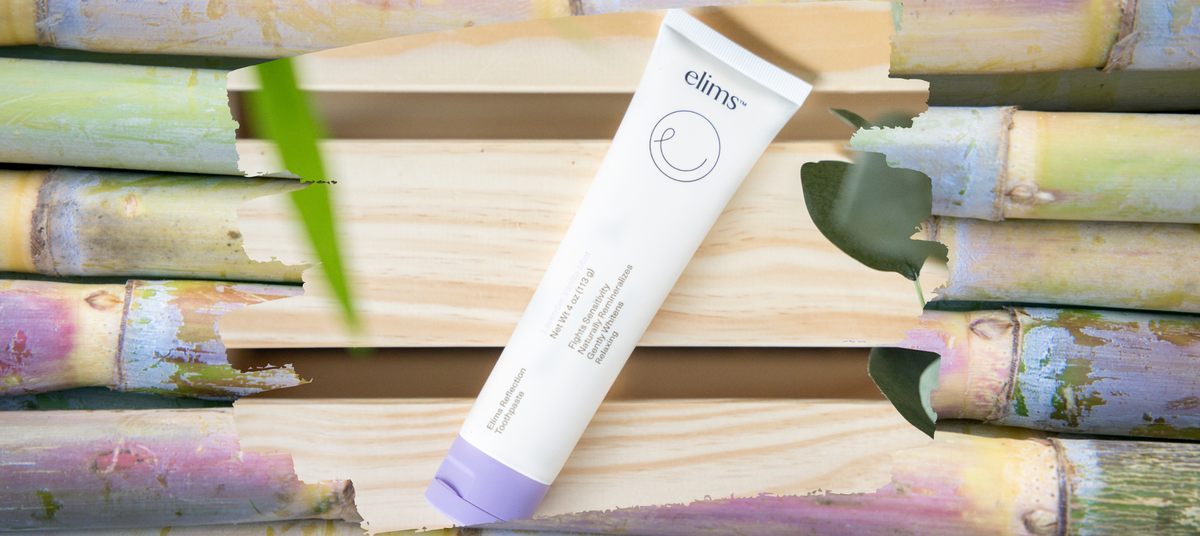Sugarcane Product: A Key Ingredient in Eco-Friendly Alternatives
Sugarcane Product: A Key Ingredient in Eco-Friendly Alternatives
Blog Article
Checking Out Sugarcane Products: Versatile Utilizes and Profits
The expedition of sugarcane products discloses a remarkable array of applications that expand well beyond the familiar world of sugar. As we check out the complex payments of sugarcane, one may ask yourself exactly how these diverse uses can reshape industries and way of lives in a swiftly advancing globe.
Review of Sugarcane
Although sugarcane is usually associated largely with sugar manufacturing, it is a versatile plant with an abundant history and various applications. Cultivated in exotic and subtropical regions, sugarcane thrives in well-drained soils and warm environments, adding substantially to several economic situations worldwide. This perennial grass, coming from the category Saccharum, can grow to elevations of as much as 4 meters, showcasing its durable nature.
Past its key role in sugar extraction, sugarcane functions as an important resource for various spin-offs. The coarse residue, called bagasse, is made use of for generating bioenergy and as a resources for manufacturing paper and biodegradable items. In addition, molasses, a spin-off of sugar refining, is abundant in nutrients and generally made use of in animal feed and fermentation processes.
Sugarcane likewise plays a considerable role in standard medicines and cultural methods in a number of areas, illustrating its significance past business usage (sugarcane product). With the increasing focus on lasting agricultural practices, sugarcane is being checked out for its possibility in biofuels and carbon capture, positioning it as a key player in the change towards sustainable energy resources. Thus, the adaptability of sugarcane extends far past the boundaries of sugar manufacturing
Sugarcane in Food Products


Beyond sweeteners, sugarcane is the source of energy-rich items such as jaggery and panela, which are standard raw sugars used in numerous societies. These products not only sweeten foods yet also impart unique flavors and dietary advantages.
Sugarcane juice, a revitalizing beverage appreciated in lots of exotic regions, showcases the plant's versatility. It is usually consumed fresh or fermented into alcohols like rum.
In addition, sugarcane fibers, called bagasse, are often used to develop food product packaging products, stressing the environmental benefits of sugarcane processing. On the whole, sugarcane's contribution to food is multifaceted, improving flavors, giving nutritional worth, and playing a significant duty in cooking traditions around the globe.
Industrial Applications of Sugarcane
In numerous industries, the versatility of sugarcane expands far beyond its cooking applications. Sugarcane functions as an essential raw material in the manufacturing of biofuels, especially ethanol, which is increasingly made use of as a sustainable energy source. This click biofuel is obtained via fermentation additional reading and distillation processes, giving a lasting choice to fossil fuels and adding to a decrease in greenhouse gas emissions.

Additionally, the sugarcane industry has actually located applications in drugs, where its elements are made use of in the formula of numerous medical items. The all-natural substances drawn out from sugarcane display antioxidant and antimicrobial homes, boosting the efficacy of specific drugs.
Finally, sugarcane is indispensable to the manufacturing of a variety of chemicals, including glycerol and organic acids, which are important for numerous commercial procedures. These applications highlight sugarcane's significant role in promoting industrial sustainability and development.
Environmental Benefits of Sugarcane
The complex applications of sugarcane not just enhance industrial processes but likewise contribute significantly to ecological sustainability. As a renewable energy, sugarcane growing plays an essential role in carbon sequestration, absorbing considerable amounts of co2 from the ambience. This procedure assists minimize environment modification by minimizing greenhouse gas concentrations.
Additionally, sugarcane byproducts, such as bagasse and molasses, use eco-friendly options to conventional products. Bagasse, the coarse deposit after juice removal, can be made use of as a biomass gas, minimizing reliance on nonrenewable fuel sources and promoting cleaner energy resources. In addition, molasses can be transformed into bioethanol, further sustaining sustainable power initiatives.
Sugarcane farming additionally promotes biodiversity and soil health. Lasting farming methods, such as intercropping and plant rotation, enhance soil fertility and decrease erosion. The plant's deep original site origin system aids in water retention, consequently improving and sustaining neighborhood environments durability versus dry spell.
Wellness Advantages of Sugarcane
Rich in crucial nutrients and all-natural sugars, sugarcane supplies many health and wellness advantages that make it a beneficial addition to a well balanced diet. Its high fiber web content aids in digestion, advertising gut wellness and avoiding irregularity. Furthermore, sugarcane gives antioxidants, which combat oxidative stress and might lower the risk of persistent conditions.
Moreover, sugarcane juice is recognized for its hydrating homes, making it an outstanding drink selection, particularly in warm environments. The all-natural sugars present in sugarcane offer a quick energy increase, beneficial for professional athletes and those involved in physical tasks. It additionally has crucial nutrients, such as vitamin C, calcium, magnesium, and potassium, which add to general health.
Researches suggest that sugarcane might help control blood sugar level levels, making it a better sweetener for individuals with diabetic issues when consumed in moderation. Its anti-inflammatory properties can support liver health and aid in detoxification.
Verdict
In conclusion, sugarcane arises as an extremely functional plant with significant payments to numerous sectors. The spin-offs of sugarcane, such as bagasse and molasses, help with green practices, while its wellness benefits enhance total health.
Although sugarcane is typically linked primarily with sugar production, it is a functional crop with an abundant background and various applications.Beyond its primary function in sugar removal, sugarcane serves as a crucial resource for numerous byproducts. Primarily known for creating sugar, sugarcane is changed into granulated sugar, brown sugar, and molasses, each offering unique cooking purposes.Rich in essential nutrients and natural sugars, sugarcane offers many wellness advantages that make it a beneficial addition to a well balanced diet. The natural sugars existing in sugarcane give a fast power increase, helpful for professional athletes and those engaged in physical activities.
Report this page